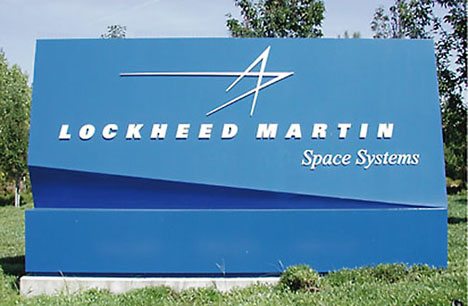A wireless ground sensor network developed by Lockheed Martin will soon have the option of being fully integrated with Unmanned Aerial Vehicles. Lockheed Martin’s Self-Powered Ad-hoc Network (SPAN), a wireless ground sensor system will be able to connect with unmanned vehicles to provide ubiquitous coverage and persistent surveillance of designated areas.
“SPAN is essentially a network of unobtrusive sensor nodes small enough to fit into the palm of your hand,” said Macy W. Summers, vice president with Lockheed Martin Information Systems and Global Solutions.
“Linking SPAN sensors with UAVs provides a cost-effective solution that can support many types of missions including force protection, border surveillance and regulatory and treaty compliance.”
Incorporated with small devices that employ energy-harvesting technology, SPAN is a multi-purpose wireless sensor platform that never needs a battery replacement.
Using readily available energy sources in its surrounding environment, SPAN re-charges itself and its nodes do not transmit unless there is a sensor reading of concern.
Fusing SPAN with UAVs lowers the total cost of monitoring a specific area, since the SPAN networks automatically prompt UAV sensors without the need to depend on a separate operator alerting system.
Each node, once placed on or in the ground in a mesh arrangement, transmits relevant data to the next node, and so on, until the information is ultimately forwarded to a wide area communications link.
During a UAV mission, the ground network automatically prompts the UAV’s high precision sensors to further characterize the alert without the need for a remote analyst.
This linked solution enables UAV operators to focus on identified threats instead of loitering or flying pre-set mission profiles waiting for potential threats.
Additionally, this enhanced processing of timely intelligence enables responsive situational awareness for ground commanders in full spectrum and counter insurgency operations.











